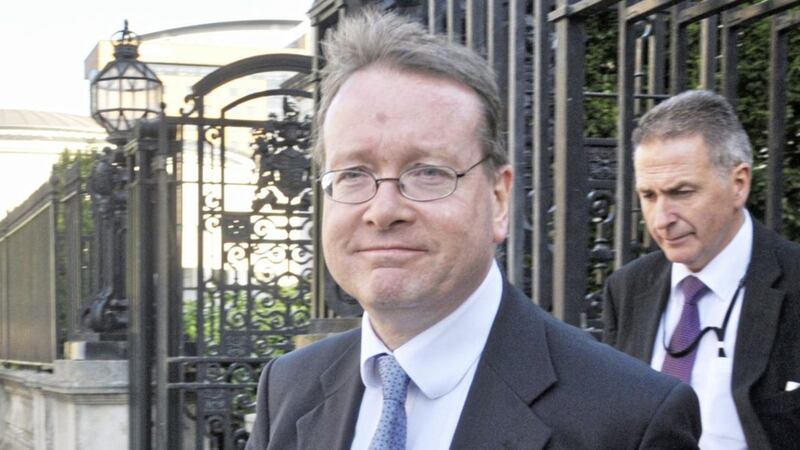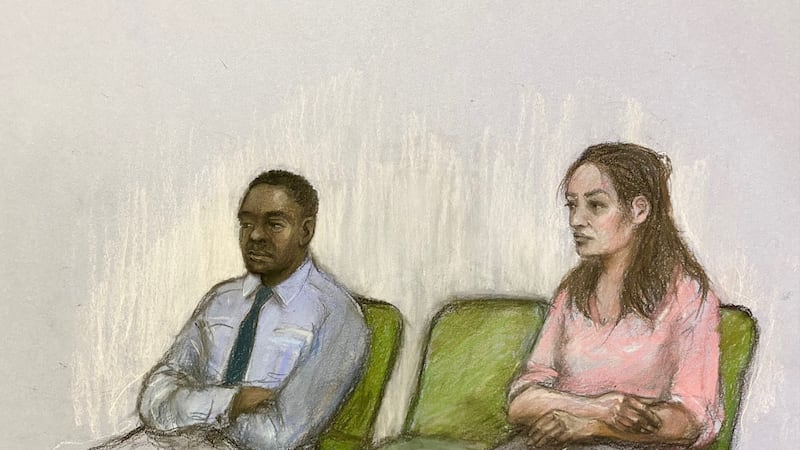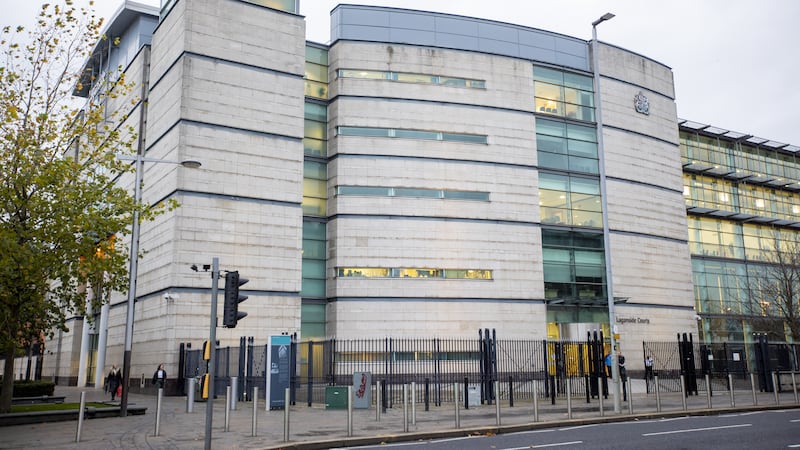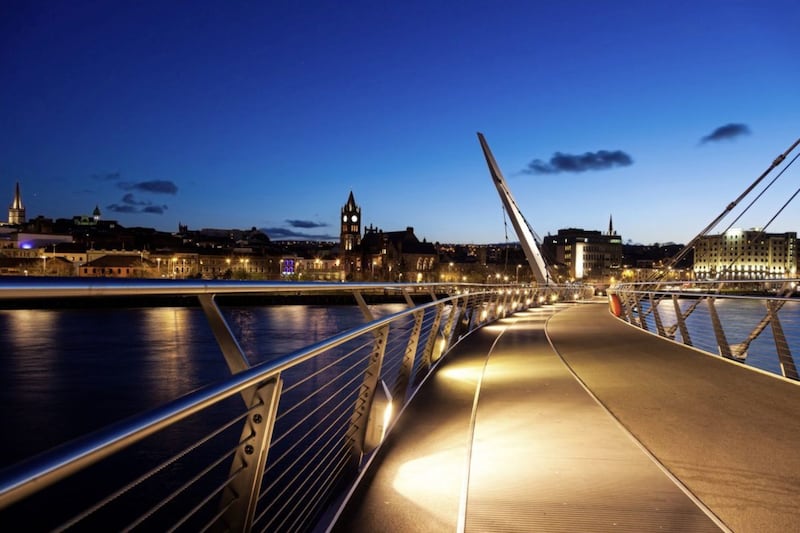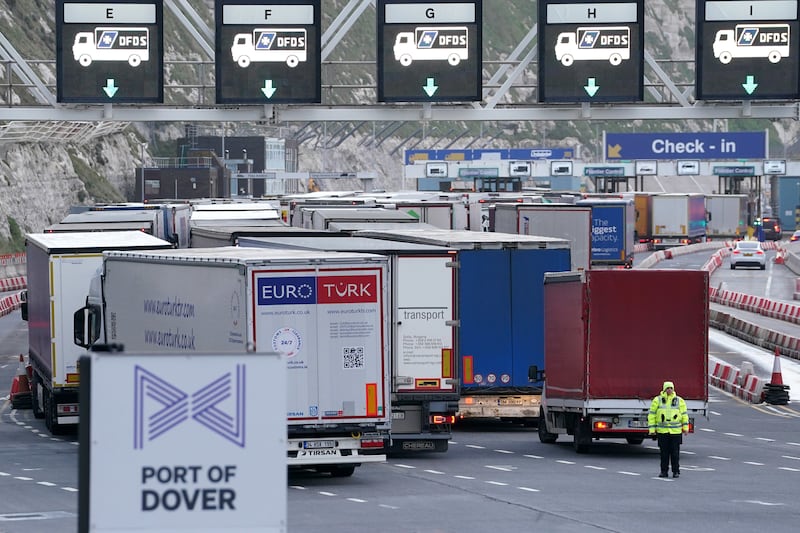A CROSS-party group of MLAs' failed legal challenge to the Brexit process has been referred directly to the Supreme Court, it emerged on Thursday.
The order was confirmed following a direction issued by Attorney General John Larkin QC that four devolution issues require further judicial scrutiny.
Last month a High Court judge in Belfast dismissed separate bids by the Stormont politicians and victims campaigner Raymond McCord to halt the UK's planned departure from the EU.
Mr Justice Maguire rejected claims that the British Government cannot use royal prerogative powers to begin EU withdrawal without an Act of Parliament.
But earlier this month the High Court in London held that only Parliament can trigger Brexit.
With the Government set to challenge that ruling at the Supreme Court, lawyers in the Northern Ireland cases have been mapping out their own appeal routes.
In an unprecedented step, Mr Larkin used powers under the Northern Ireland Act 1998 to announce his intention to advance one of the challenges.
His plan involves referring only the judicial review brought by politicians including Alliance MLA David Ford, SDLP leader Colum Eastwood, Sinn Féin assemblyman John O'Dowd and Steven Agnew of the Green Party.
Following the Attorney General's direction an order was drawn up on Monday setting out devolution issues for consideration by the Supreme Court.
It is now expected that Supreme Court justices will consider the issues next month. Meanwhile Mr McCord is pressing ahead with attempts to "leapfrog" the Court of Appeal and go directly to London too.
Prime Minister Theresa May is set to trigger Article 50 of the Lisbon Treaty, the formal process for confirming the UK is to leave, by the end of March 2017.
Even though the June 23 referendum backed Brexit, a 56 per cent majority of voters in Northern Ireland wanted to remain.
